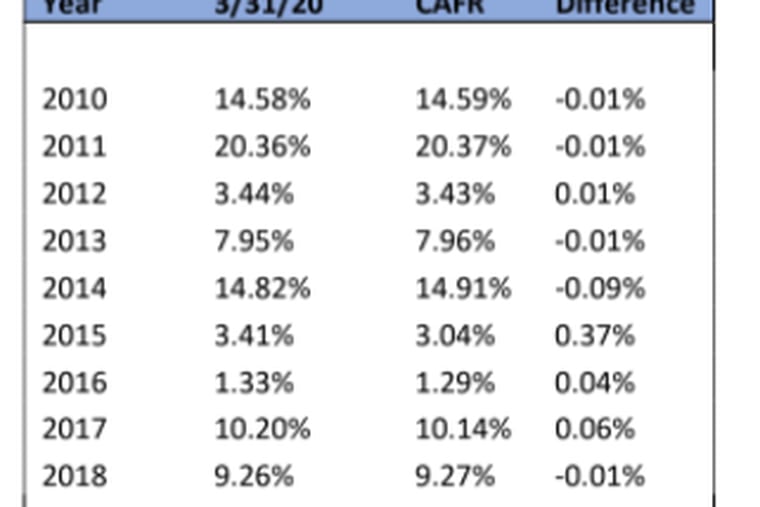Graphic:
Excerpt:
Members of the board of Pennsylvania’s $73 billion school pension fund won’t be required to sign nondisclosure agreements before hearing on Monday the long-awaited findings of an internal investigation into the mammoth plan.
The Public School Employees’ Retirement System is still asking the board to sign the secrecy pacts but is not insisting upon it, the plan’s spokesperson says. Her statement clarified a previous controversial email from the board’s chairman, who asked members to sign NDAs without saying they had the option to refuse.
A law firm is to unveil the results of its investigation at a closed-door session for the PSERS board Monday morning. But the board has yet to decide whether, how soon and how completely those findings will be made public after the meeting.
Author(s): ANGELA COULOUMBIS, JOSEPH N. DISTEFANO AND CRAIG R. MCCOY
Publication Date: 27 Jan 2022
Publication Site: Pittsburgh Post-Gazette

